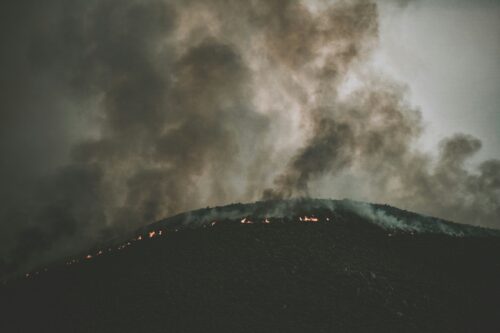
Air Pollution
Quantifying the short-term mortality effects of wildfire smoke in Europe: A multicountry epidemiological study in 654 contiguous regions. The Lancet Planetary Health.
Fine particulate matter (PM2·5) from wildfire smoke could be more harmful to human health than that from other sources.
• Research & Reports


